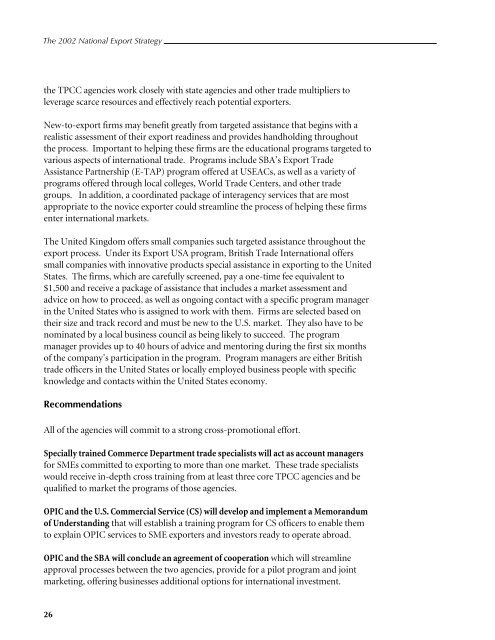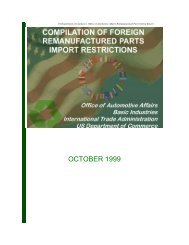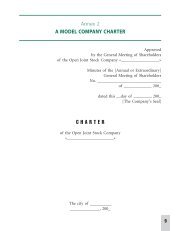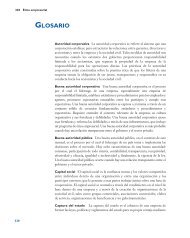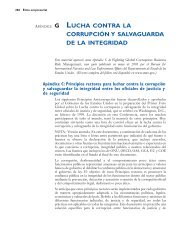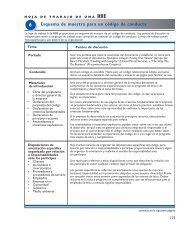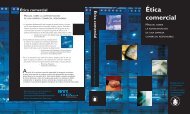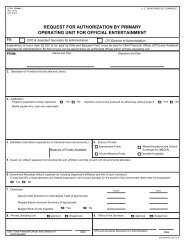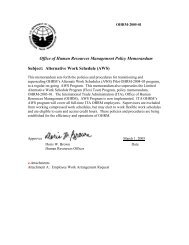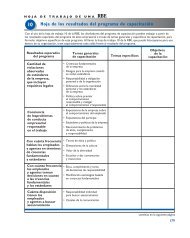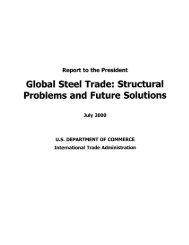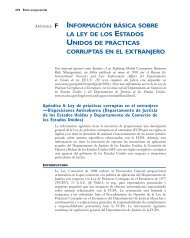National Export Strategy 2002 - International Trade Administration ...
National Export Strategy 2002 - International Trade Administration ...
National Export Strategy 2002 - International Trade Administration ...
Create successful ePaper yourself
Turn your PDF publications into a flip-book with our unique Google optimized e-Paper software.
The <strong>2002</strong> <strong>National</strong> <strong>Export</strong> <strong>Strategy</strong><br />
the TPCC agencies work closely with state agencies and other trade multipliers to<br />
leverage scarce resources and effectively reach potential exporters.<br />
New-to-export firms may benefit greatly from targeted assistance that begins with a<br />
realistic assessment of their export readiness and provides handholding throughout<br />
the process. Important to helping these firms are the educational programs targeted to<br />
various aspects of international trade. Programs include SBA’s <strong>Export</strong> <strong>Trade</strong><br />
Assistance Partnership (E-TAP) program offered at USEACs, as well as a variety of<br />
programs offered through local colleges, World <strong>Trade</strong> Centers, and other trade<br />
groups. In addition, a coordinated package of interagency services that are most<br />
appropriate to the novice exporter could streamline the process of helping these firms<br />
enter international markets.<br />
The United Kingdom offers small companies such targeted assistance throughout the<br />
export process. Under its <strong>Export</strong> USA program, British <strong>Trade</strong> <strong>International</strong> offers<br />
small companies with innovative products special assistance in exporting to the United<br />
States. The firms, which are carefully screened, pay a one-time fee equivalent to<br />
$1,500 and receive a package of assistance that includes a market assessment and<br />
advice on how to proceed, as well as ongoing contact with a specific program manager<br />
in the United States who is assigned to work with them. Firms are selected based on<br />
their size and track record and must be new to the U.S. market. They also have to be<br />
nominated by a local business council as being likely to succeed. The program<br />
manager provides up to 40 hours of advice and mentoring during the first six months<br />
of the company’s participation in the program. Program managers are either British<br />
trade officers in the United States or locally employed business people with specific<br />
knowledge and contacts within the United States economy.<br />
Recommendations<br />
All of the agencies will commit to a strong cross-promotional effort.<br />
Specially trained Commerce Department trade specialists will act as account managers<br />
for SMEs committed to exporting to more than one market. These trade specialists<br />
would receive in-depth cross training from at least three core TPCC agencies and be<br />
qualified to market the programs of those agencies.<br />
OPIC and the U.S. Commercial Service (CS) will develop and implement a Memorandum<br />
of Understanding that will establish a training program for CS officers to enable them<br />
to explain OPIC services to SME exporters and investors ready to operate abroad.<br />
OPIC and the SBA will conclude an agreement of cooperation which will streamline<br />
approval processes between the two agencies, provide for a pilot program and joint<br />
marketing, offering businesses additional options for international investment.<br />
26


